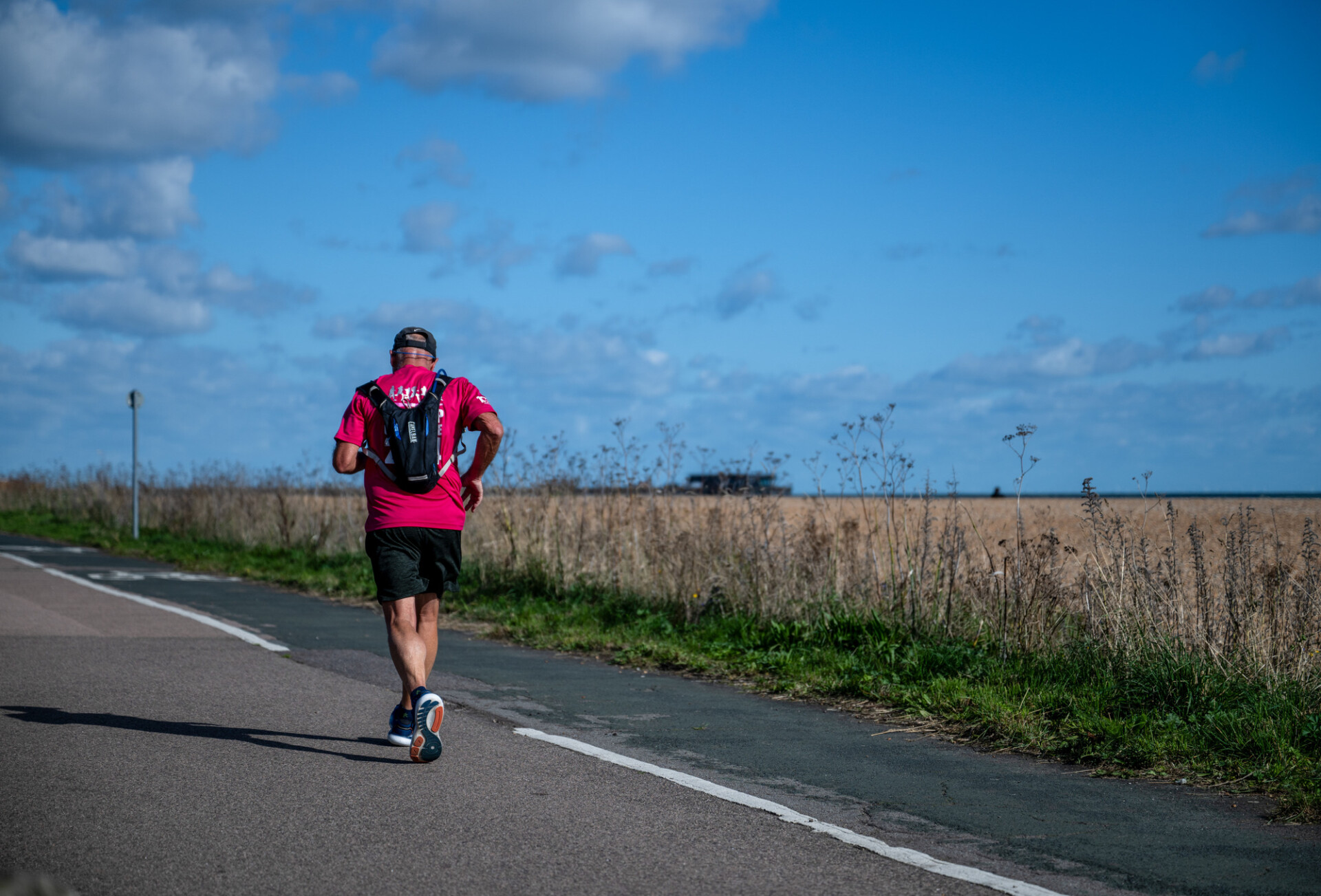Researchers in Denmark claim they’ve developed a new drug that mimics the benefits of running. Currently known as LaKe, the molecule has been shown in lab rats to flush toxins and strengthen the heart. Speaking to the New York Post, lead chemist on the project Thomas Poulsen hailed its potential for those who desire the benefits of exercise but have injuries or a weak heart.
Is this good? If it happens, it’ll follow the Ozempic trajectory, in which we develop an ever-greater range of pills designed to “optimise” ourselves without effort. But doing so risks not just leaving ourselves politically and economically on the back foot, but also embracing an impoverished moral picture of ourselves — with side effects potentially far more consequential than just not going running.
Though people live courageously with illness and disability all the time, most intuitively grasp that, ceteris paribus, there is a link between physical and mental health. From the celebration of physical athletic prowess as expressions of civic virtue at the ancient Olympics, to the widespread adoption of the second-century Roman poet Juvenal’s phrase mens sana in corpore sano (“a healthy mind in a healthy body”), we’ve sensed that these dimensions of human wellbeing are intricately connected.
Multiple studies have shown, for instance, that exercise is at least as effective as medication for treating mild to moderate depression. This is more difficult to talk about, because to be modern is precisely to have abandoned, as Charles Taylor puts it, a “shared horizon” for what “health” means in the broadest sense, which is at root always more a moral idea than a biophysical one. This loss of a shared vision of the good only advances crude biological metrics for “health”, such as biochemistry or longevity — arguably better understood as effects of this elusive “health” than causes.
By contrast, older philosophies tend to offer a phenomenologically much richer account of health that includes its moral dimensions. We might (with Aristotle) stress moderation itself as a virtue — the “golden mean” — or (with the Christian ascetics) emphasise the importance of physical self-discipline in overcoming base desires.
From this perspective, a pill that produces the effect of physical health without requiring any psychological effort means, in effect, routing around what “health” actually means, which is a multi-faceted picture with moral, behavioural, and attitudinal dimensions as well as physical ones. The specific “benefits” the LaKe pill promises to replicate are metabolic, such as purging toxins and regulating appetite. And, speaking to the New York Post, Poulsen gave the game away: “It can be difficult to maintain motivation to run many kilometres at high speed and go without food.”
As a regular runner, I’m clearly not the target demographic for this innovation. But for me the “benefits” of running extend well beyond tinkering with my biochemistry, to a holistic sheaf of factors that improve my life both physically and mentally. Importantly, a central part of that is the habit-formation needed to sustain it. By the same token, in my experience mens sana in corpore sano is often a helpful signal for when habits need adjusting. Absent illness or disability, negative changes such as physical discomfort or weight gain are usually indicators that something is off in the overall picture. Invariably, too, the most effective long-term cure always addresses the whole picture, not just an isolated symptom.
When we accept, in principle, that pills which mimic some aspect of the physiology that results from a healthy overall lifestyle are a good substitute for the lifestyle itself, we’re also agreeing in principle that the gestalt picture doesn’t matter, or even doesn’t exist. This in turn leaves us not just swapping, for example, self-directed weight management for an expensive dependency on Ozempic, but also more broadly unable to make the political and moral case for transforming the world, in the name of human flourishing.
Who cares about food deserts and obesogenic lifestyles, when there’s a pill for weight management? LaKe would extend this logic: who cares if everyone has to work 18-hour sedentary days when there’s a pill that mimics going for a run? Human health, then, becomes a series of biophysical indicators that can be disaggregated and synthesised for a profit. While this may appeal to Novo Nordisk, and a few “biohackers” in the Bay Area, it leaves the rest of us with no language — barely even a conceptual framework — for defending our right to flourish as humans, rather than merely as optimised biomass.











Join the discussion
Join like minded readers that support our journalism by becoming a paid subscriber
To join the discussion in the comments, become a paid subscriber.
Join like minded readers that support our journalism, read unlimited articles and enjoy other subscriber-only benefits.
Subscribe